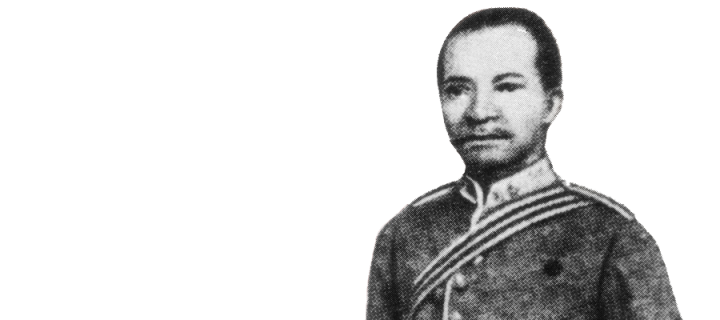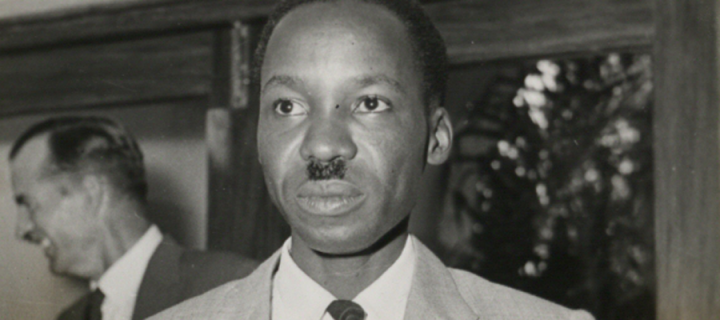Out of Africa
The University of Edinburgh has an important and long historical connection with Africa from early pioneering graduates to current teaching and research.

The first African to graduate at Edinburgh was James Africanus Beale Horton, who gained his MD (medical doctor) in 1859.
James Horton was born in Sierra Leone in 1835, the child of freed slaves and educated by the Church Missionary Society. In 1855, at the request of the War Office, Horton and two other young men were sent for further medical training at King’s College, London. He then went on to study at Edinburgh University.
African roots
As a student, Horton took the name Africanus as statement of his roots. In 1859 he joined the British Army Medical Service where he was appointed assistant staff surgeon. Horton was one of the first Africans to qualify as a medical doctor and one of the first to serve as an officer in the British Army and in 1874 he achieved the title Surgeon Major.
In 1880 he retired and returned home where he founded the Commercial Bank of Sierra Leone. James Africanus Horton was not only a doctor and a soldier but also a scientist and a political activist. He was a prolific writer on a variety of topics including medicine, geology and politics.
Horton had always been keen to educate his fellow Africans and left a large part of his estate for the development of scientific education at various levels.
Giving back

Other notable African alumni include Dr Julius Nyerere, Dr Emmanuel Evans-Anfom, Dr Sir Kofo Abayomi and Justice Julia Sebutinde.
Nyerere received a scholarship in 1949 to attend the University of Edinburgh where he obtained a Masters of Arts degree in Economics and History. He was the first Tanzanian to study at a British University and only the second to gain a University degree outside Africa.
Dr Evans-Anfom is renowned for his contribution as a surgeon, scientist, scholar, statesman, sportsman, educationist and administrator. He was awarded Alumnus of the Year in 1996 for his major contribution to the development of medicine in the Congo and to medical education in Ghana.
Dr Kofo Abayomi was a prominent Nigerian politician and ophthalmologist who was a member of the Nigerian Legislative Council from 1938-1941 and the Governor's Executive council from 1949-1951. He was one of the earliest trained and certified African physicians operating in Nigeria and played a prominent role in the birth and development of the University of Ibadan and of the University College Hospital, Ibadan.
Justice Julia Sebutinde, who graduated with a Master of Laws in 1990, is a Judge of the High Court of Uganda and currently seconded to the UN Special Court in Sierra Leone.
A focal point in Scotland
The Centre of African Studies was founded in 1962 and acts as a focal point for postgraduate teaching and supervision on Africa and a hub for research programmes that span all three of the University’s colleges. The Centre also acts as a cultural hub for Africa in Scotland and in the UK and, as well as working with the Scottish Government and local NGOs, supports the highly successful Africa in Motion annual film festival.
We also now have over 1700 alumni living across Africa, and a number of alumni groups and contacts for those who decide to settle in the region and want to maintain their connection with Edinburgh and the University.

